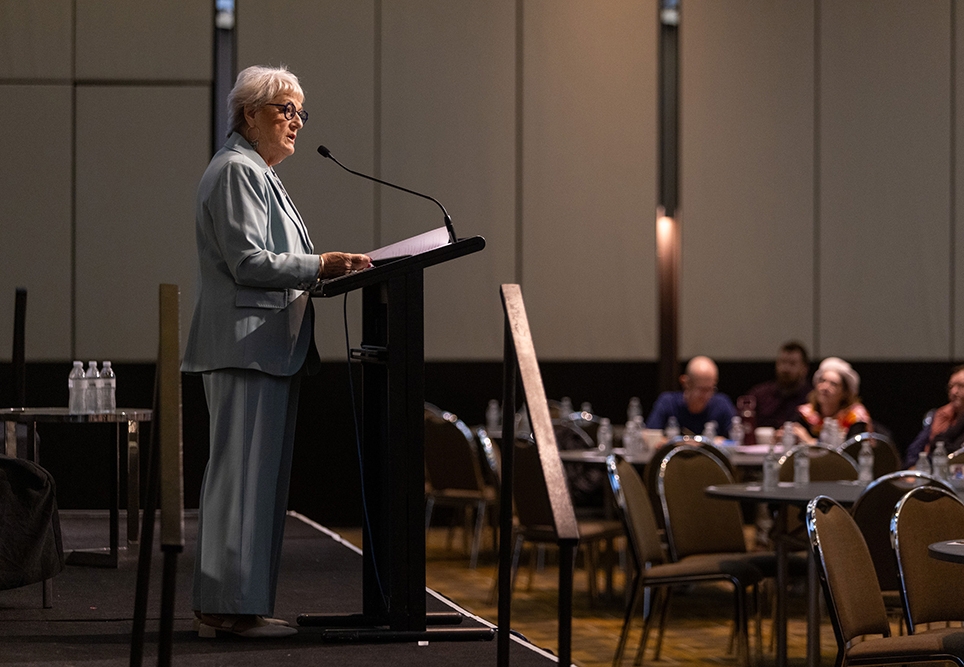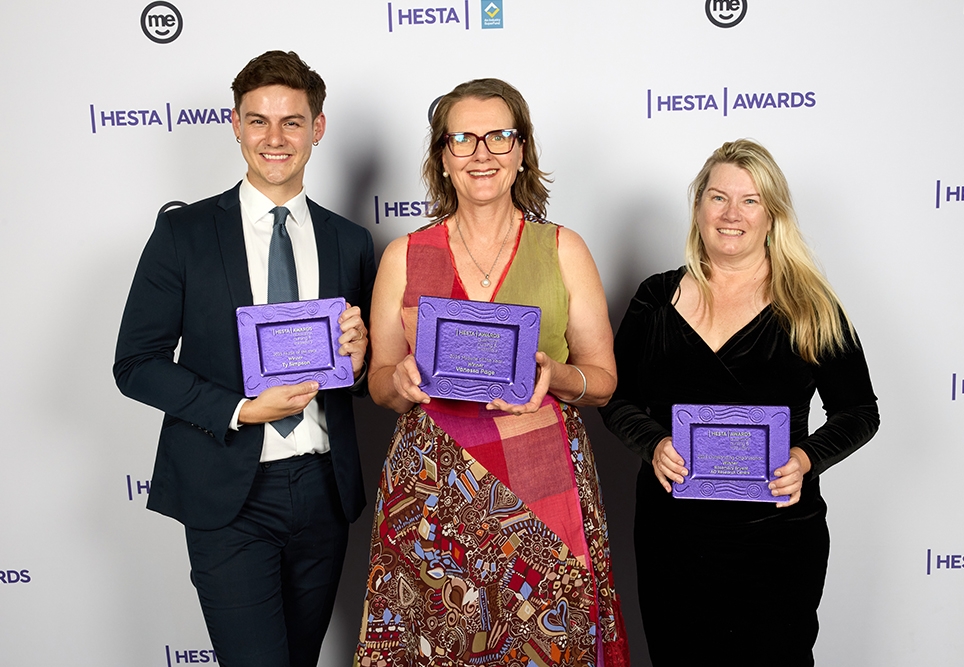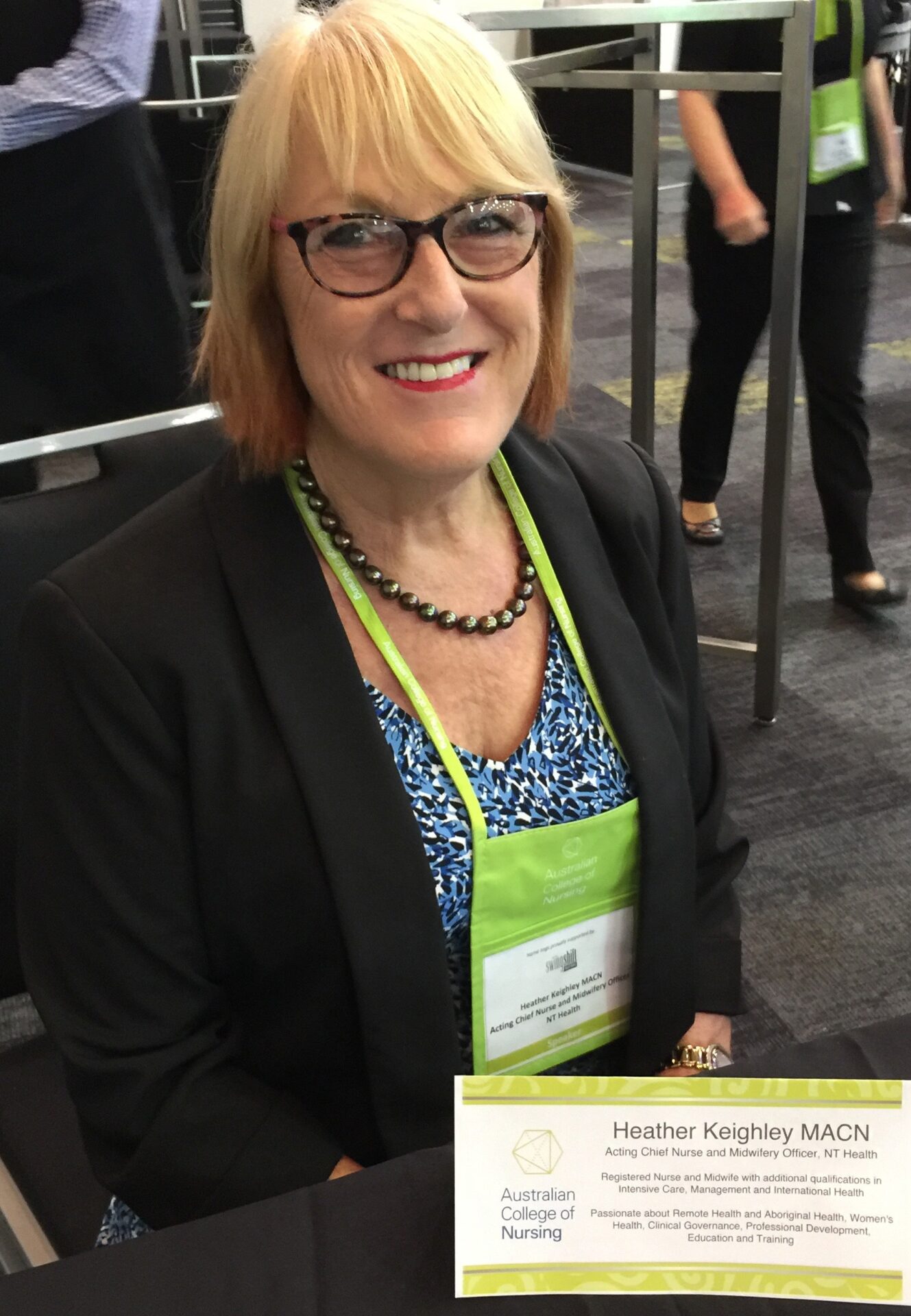
Late last year, longstanding CRANAplus Member and regular Conference Panellist Heather Keighley FACN AFACHSM CHM BN RM MIHM joined CRANAplus as Senior Policy Adviser, bringing her passion and wide-ranging experience to CRANAplus’ advocacy.
She has worked as a Health Workforce Executive for Northern Territory PHN, Chief Nursing and Midwifery Officer for the NT, is the Chair of the Australian College of Nursing’s (ACN’s) Rural Nursing and Midwifery Faculty, a Board Director of ACN, and a Council and Board Member with the National Rural Health Alliance.
She’s also an ACN Fellow, an Associate Fellow for the Australian College of Health Service Managers, and a Research Fellow at Flinders University.
What policy issues are on Heather’s radar?
Number one is the lack of an established pathway for nurses preparing to go bush.
“At the moment, we’re working with the Deputy National Rural Health Commissioner on a National Nursing Framework around what remote and rural generalist nursing looks like, and from there developing a pathway,” Heather says.
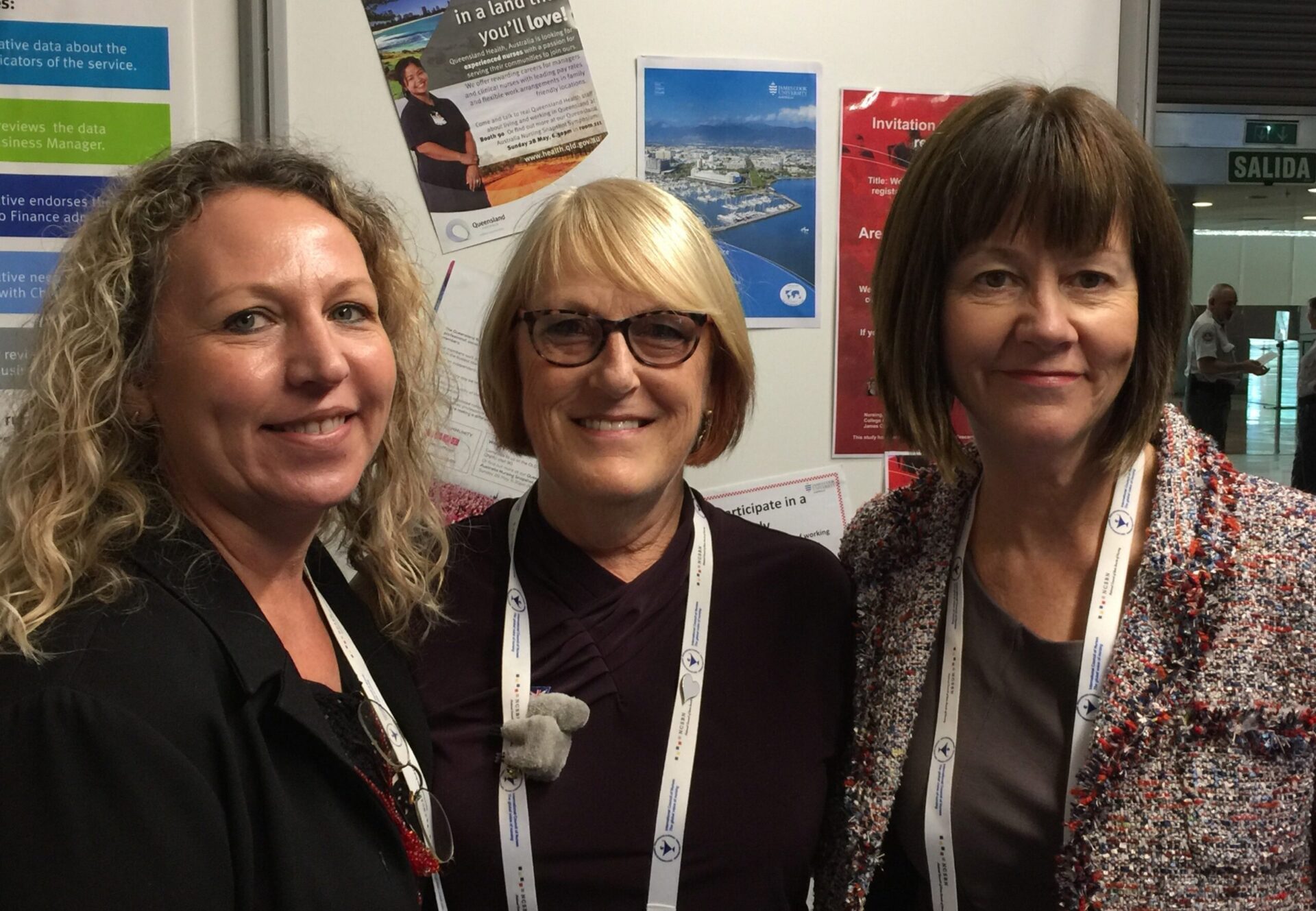
“Our goal is national consistency around remote and rural nursing – what the preparation is, what’s required to effectively and safely work in a more autonomous way with the right training, education, thinking and values.
“CRANAplus does a fantastic job, but within the system, employers don’t have sufficient senior, experienced remote area nurses to provide support for clinicians, and the level of mentorship and supervision required for early career transitions into remote.
“Universities have programs and educators and do a great job as well but are outside the actual service delivery system.
“Within the service delivery system there needs to be more cognisance and recognition of the supports required for early career nurses to practise safely and support Aboriginal health improvement and Aboriginal health staff.
“With a higher Indigenous population in rural and remote areas, these issues cannot be separated from Closing the Gap.”
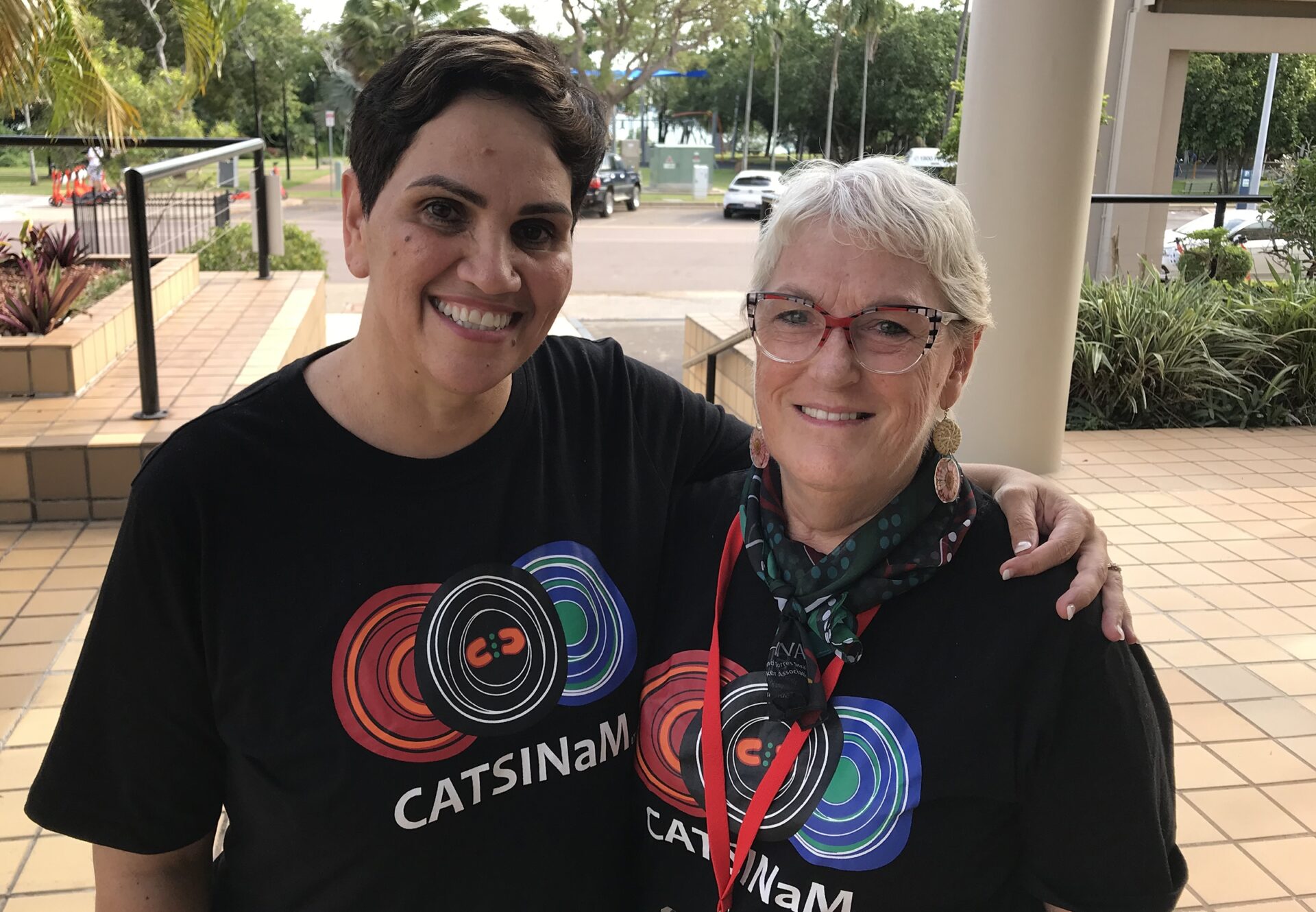
Heather also identifies workforce availability as a key policy consideration exacerbated by the mobility limitations imposed by COVID-19.
“How we address that shortage is a vexed question,” she says.
“How do we put systems and processes in place, so nurses are positioned to deliver evidence-based best practice in a remote context when there’s limited staff and an increased workload due to COVID, vaccinations and public health measures?
“That issue is for employers, but CRANAplus can still put its mind to the question, insofar as it relates to prioritisation, self-care and resilience.”
How is CRANAplus advocating for RANs?
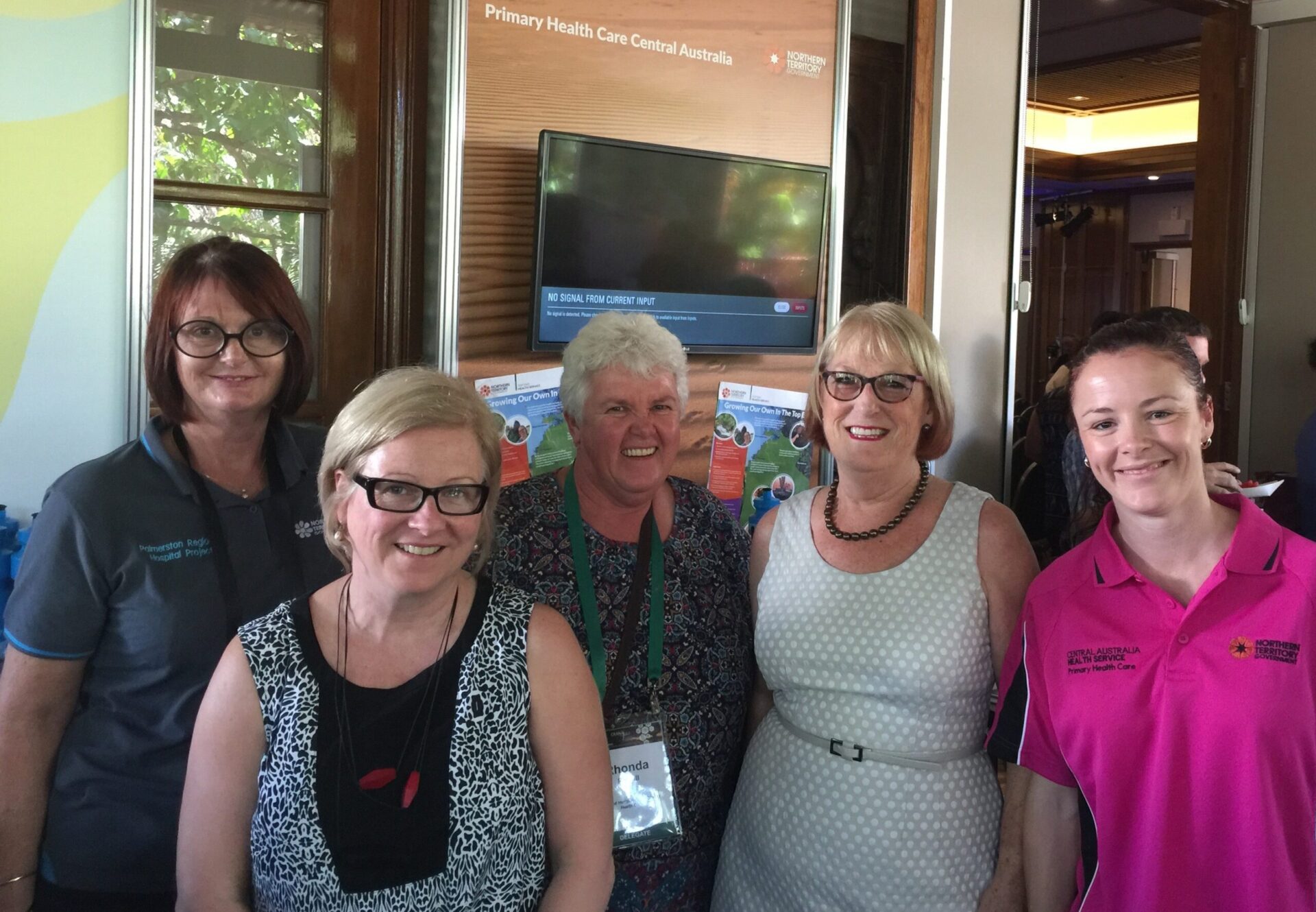
CRANAplus’ advocacy includes representation on steering groups, committees and boards, attendance at forums, meetings with politicians, and development of position papers, submissions, and research (often related to investigations being conducted by Government), Heather explains.
“To give just one example, [CRANAplus CEO] Katherine and I are on the board of the National Rural Health Alliance,” Heather explains. “We bring that remote and rural area nursing lens to those meetings and make sure our issues our raised.
“Part of my role is to be across current Government positions, policy and stance, and the likelihood of success of possible solutions,” Heather continues.
“It’s understanding particular issues, examining them, and documenting them, so that when an opportunity arises, you’re ready with material and ideas to start advocating for what is required.”
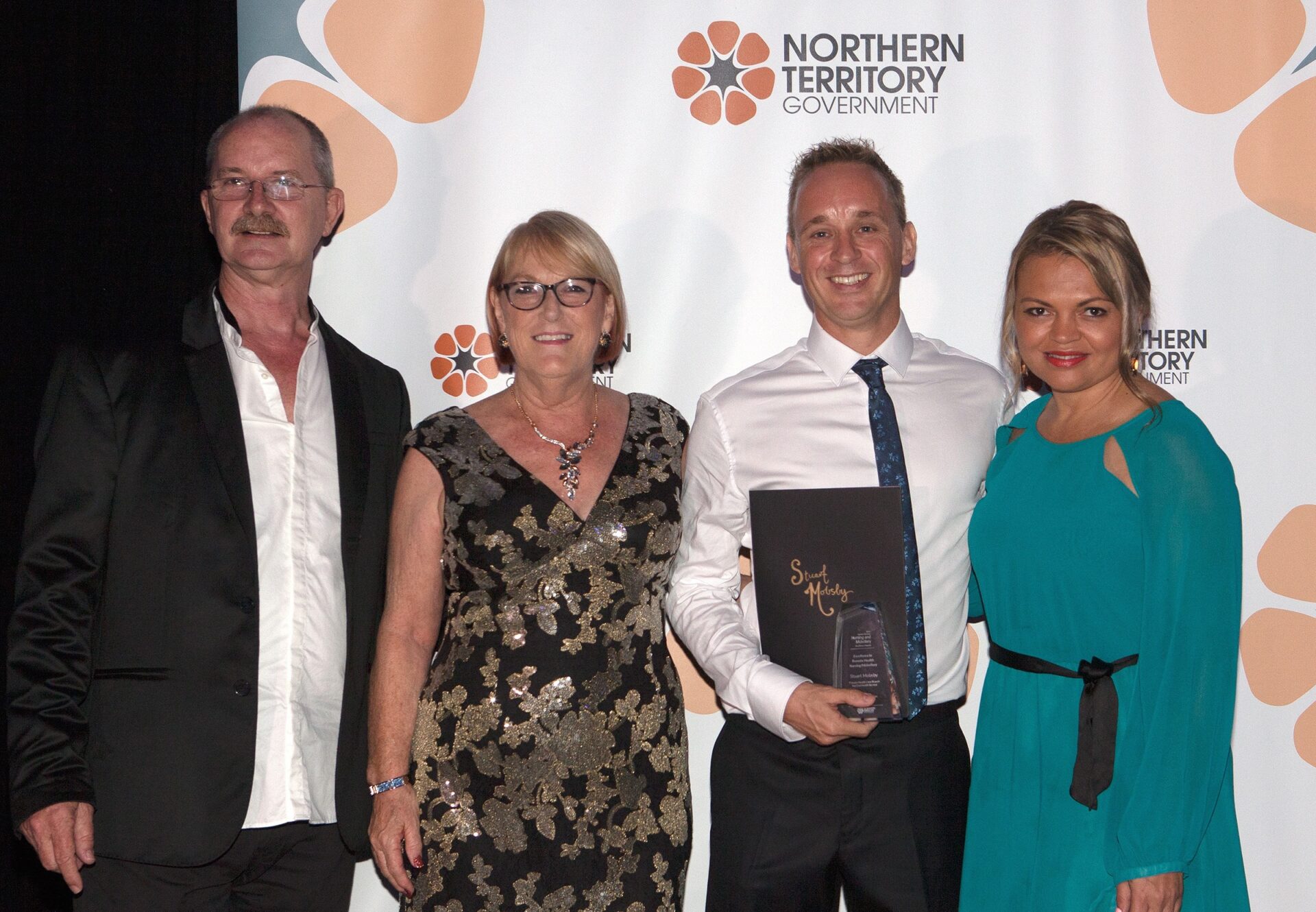
Thanks to her connections in the remote health sector, Heather is well positioned to strengthen CRANAplus’ collaborations with like-minded organisations.
“CRANAplus will continue to work in concert with the Australian College of Nursing, Australian Primary Health Care Nurses Association, the Australian College of Nurse Practitioners, Australian Nursing and Midwifery Federation and other leadership groups on professional policy issues,” she says.
“If we all sing from the same song sheet, we are more likely to be effective, and there are many issues that chart across all those different areas of nursing.
“Often, you get around the policy table and people aren’t talking about nursing. They’re talking about health more generally – about doctors, about allied health.
“A bit like your Mum, nurses are often taken for granted a little bit in the system. Yet we’re always there and we’ll always work hard and do everything we can.”
However, collaboration between peak bodies is a cause for optimism, Heather says. Our joint efforts are set to place remote and rural nursing on the agenda more forcefully than ever before.
She says in conclusion: “I have heard more advocacy and discussion of the issues affecting remote and rural nurses in recent months than I’ve heard throughout the decades I’ve been in the remote health space.”

